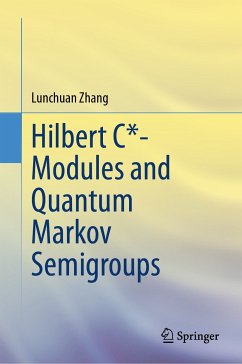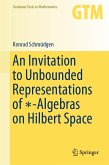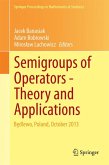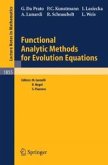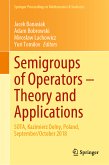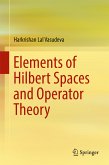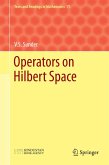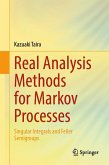This book explains the basic theory of Hilbert C*-module in detail, covering a wide range of applications from generalized index to module framework. At the center of the book, the Beurling-Deny criterion is characterized between operator valued Dirichlet forms and quantum Markov semigroups, hence opening a new field of quantum probability research. The general scope of the book includes: basic theory of Hilbert C*-modules; generalized indices and module frames; operator valued Dirichlet forms; and quantum Markov semigroups.
This book will be of value to scholars and graduate students in the fields of operator algebra, quantum probability and quantum information.
Dieser Download kann aus rechtlichen Gründen nur mit Rechnungsadresse in A, B, BG, CY, CZ, D, DK, EW, E, FIN, F, GR, HR, H, IRL, I, LT, L, LR, M, NL, PL, P, R, S, SLO, SK ausgeliefert werden.
Es gelten unsere Allgemeinen Geschäftsbedingungen: www.buecher.de/agb
Impressum
www.buecher.de ist ein Internetauftritt der buecher.de internetstores GmbH
Geschäftsführung: Monica Sawhney | Roland Kölbl | Günter Hilger
Sitz der Gesellschaft: Batheyer Straße 115 - 117, 58099 Hagen
Postanschrift: Bürgermeister-Wegele-Str. 12, 86167 Augsburg
Amtsgericht Hagen HRB 13257
Steuernummer: 321/5800/1497
USt-IdNr: DE450055826

